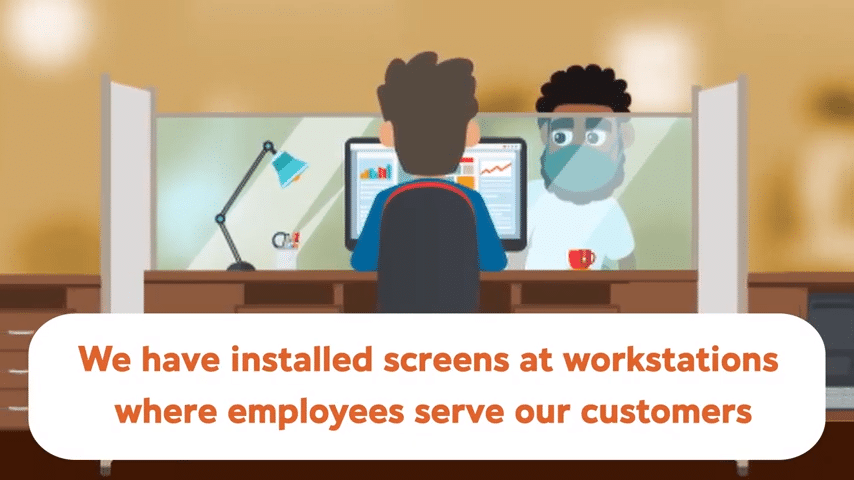It’s hard to deny that the COVID-19 pandemic has had an enormous impact on our daily lives. As we all adjust to the realities of this unique situation, we should not lose sight of continuing to work towards our financial goals. Here are some helpful tips on how you can move forward:
Acceptance and Re-focusing
A popular prayer says
“Grant me the serenity to accept the things I cannot change, the courage to change the things I can, and the wisdom to know the difference.”
This is very apt advice when reviewing your finances. Take stock of the elements that are within your control and the ones that are not. For example, you may have little control over whether your salary is increased within the next year but you can definitely control your household expenses going forward.
When you think about it, it really doesn’t serve you to dwell on things that you can’t change as this may only result in anger, bitterness or hopelessness. Instead, focus on where you can make the greatest impact and recognise that you have the power to direct your path with a change in outlook.
Patience and Adjusting Timelines
It’s true that many of us have suffered financial setbacks. But, it’s helpful to remember that that’s part of life. Sometimes – things don’t always work out as planned. Instead of worrying about not being able to meet the deadlines that we had set for ourselves pre-COVID, we should be kind to ourselves and re-adjust our expectations post-COVID.
Take a fresh look at your goal timelines and make the necessary extensions. Perhaps, you may not be able to buy your first home before turning age 30 like you wanted to. That’s okay! It’s normal to feel disappointed or disheartened but recognise that life is not a sprint and it’s better to keeping moving forward rather than to give up half-way through the marathon. One of your greatest gifts as a human being is to adapt and thrive in any circumstance. You can still achieve your goals, just give it more time.
Getting Down to Business
It’s important to always have a clear view of your financial position, especially as it relates to debt. Make a list of outstanding bank loan amounts, credit card balances and even personal loans from family and friends. Knowing how much you owe would help you to work out a reasonable monthly payment plan to slowly chip away at your debt. It’s also worthwhile to consider debt restructuring or applying for concessions with your loan provider(s). Be humble and ask for assistance if you need it, even before the situation becomes dire. You will thank yourself later for being proactive. It’s a good way to avoid the stress of having to make tougher, more unpleasant decisions when potential problems are left unaddressed.
Keep Saving
Don’t forget savings! Have a clear view of the important, major expenses you expect to make in the upcoming months and put aside money for them. Remember to regularly contribute to your emergency fund, if you can. As we’ve learnt recently, while life is unpredictable, it certainly favours the prepared.







